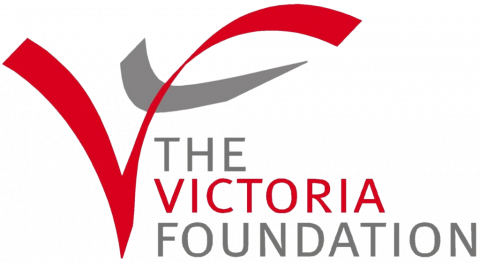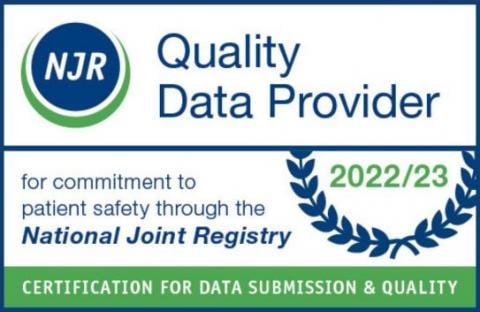
Skiing and snowboarding are often associated with knee injuries, but did you know that the shoulder is at risk too? Mr Nashat Siddiqui, Consultant Upper Limb Orthopaedic Surgeon at New Victoria Hospital, takes us through some common injuries and what to do to prevent them from occurring.
Why is the shoulder at risk?
Skiing and snowboarding are great activities that involve the whole body.
The shoulder is a very mobile joint with a degree of flexibility that can easily be injured by a fall or overuse, in any age group and any degree of fitness.
Common shoulder injuries from skiing and snowboarding
Shoulder injuries may occur after a crash or as a result of overusing your shoulder without adequate training.
Snowboarding is gaining more and more popularity and so are injuries, that are more commonly seen in the upper extremity.
Common shoulder injuries relating to skiing and snowboarding are:
- Rotator cuff strains
There are four tendons that are deep within the shoulder and are responsible for strength, fine movements and stability. Injury to one or more of these tendons can cause chronic pain and weakness. They can be injured from a fall but also from repetitive use, especially if the muscles aren’t as strong as they could be. A minor injury may settle down with physiotherapy, but it is not uncommon to need surgery to repair a tendon that has become detached.
- Glenohumeral dislocations
This is where the joint comes out of place. It can be partial or completely out of joint, and can result in on-going pain and further dislocations. The commonest joint to dislocate is the ball-and-socket joint (gleno-humeral/shoulder joint), although there can also be injury to the collarbone joint (acromio-clavicular joint/ACJ). X-rays and scans may be needed to decide if surgery is needed, or just a period of rest and physiotherapy.
- Fractures
A fall can easily lead to injury to the bones, tendons, or ligaments, even on relatively soft snow. An bone injury such as a fracture or break, can occur to any of the bones around the shoulder. These can be of varying severity and need place in a sling and following up with imaging such as X-rays or other types of scans, which could be done at the nearest clinic. However, surgery is not always necessary and does not always need to be performed immediately whilst abroad. Often it is best done back in the UK, especially as careful follow up is needed and recuperation is better at home than in a ski resort.
How to prevent ski and snowboarding injuries
Skiing and snowboarding are fun sports and when the adrenaline buzz is calling, speed and jumps are irresistible. However, safety needs to be considered too.
Using common sense and physical preparation is key to reduce injury risk, and danger during your ski holiday.
Here are a few suggestions that can help to prevent injuries and make your ski holiday safe and pleasant:
- Make sure your muscles are well-conditioned
It is not just about power but also about endurance, repetitive movements and promptness to reaction, should a fall on your shoulder occur.
- Get familiar with your ski equipment
Before throwing yourself full speed down the slopes, make sure you are confident in your boots, skis and board. Take lessons if necessary.
- Don’t drink alcohol before you go on the slopes
Alcohol can increase the risk of being involved in a crash. One study showed that British skiers who consume three units of alcohol, equivalent to a large glass of wine, are 53% more likely to go off-piste.
- Attend strength and conditioning classes
A well-planned exercise regime to train muscles, as well as shoulder blade and core stability muscles, will help prevent shoulder injuries, and hopefully avoid a trip to a shoulder surgeon.
If you are experiencing pain or you are concerned about a ski or snowboard injury, you can get fast access to our Sports & Exercise Injury Clinics or book a consultation with New Victoria Hospital’s Consultant Orthopaedic Surgeons or Physiotherapists on 020 8949 9020 or:













